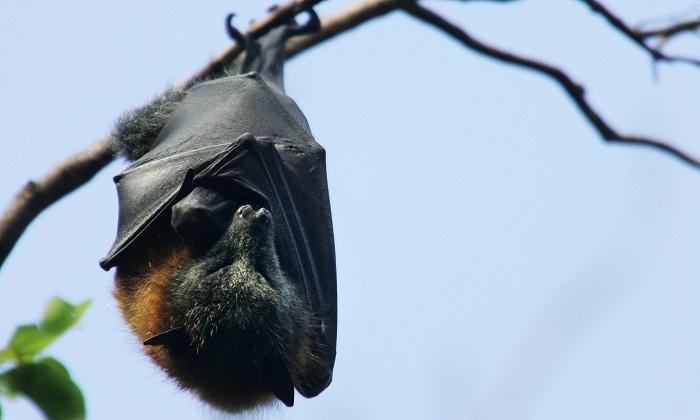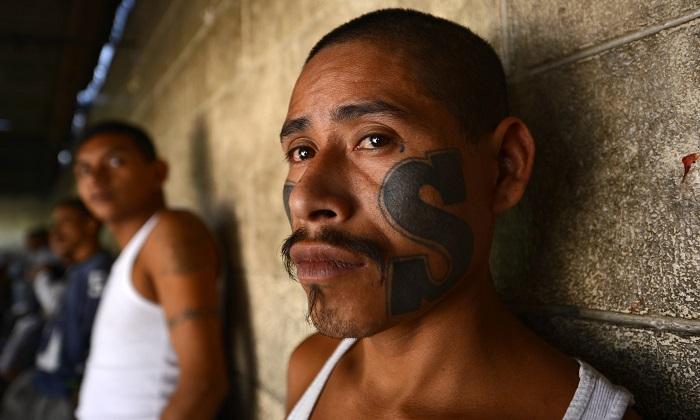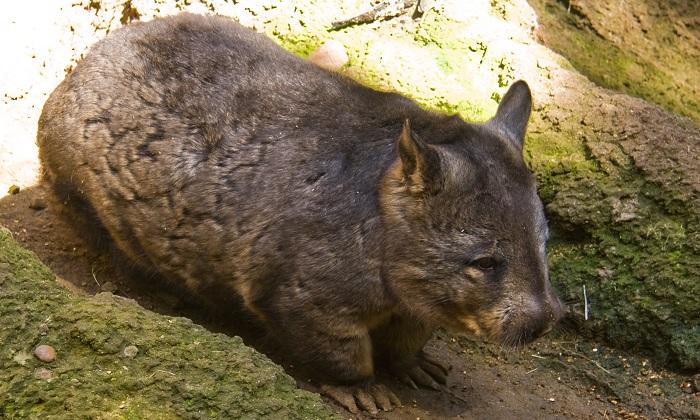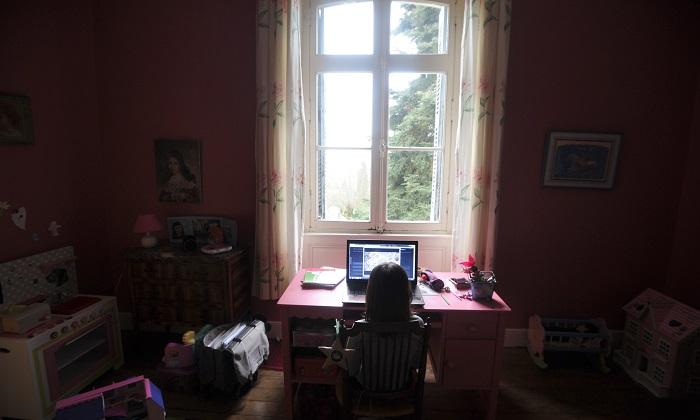Volunteers have rushed to help thousands of bats affected by a heatwave in parts of the Australian city of Sydney.
Large fruit bats – known as flying foxes – were falling from trees in two parts of city’s west as temperatures reached up to 47.3 degrees Celsius (117 degrees Fahrenheit) on Sunday.




